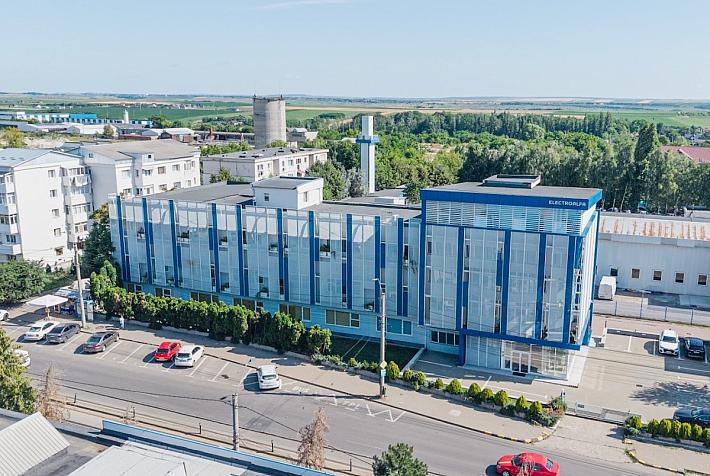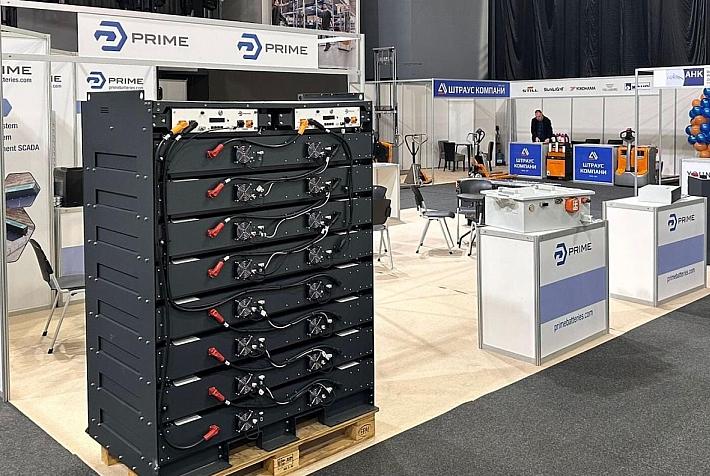RO Govt. prepares to amend private pension regulations under Resilience Facility

The Romanian Government, in its January 13 meeting, discussed amendments to the law regulating the privately managed pensions, aimed at “securing the stability” of the mandatory private pensions system in line with targets set under the National Recovery and Resilience Plan (PNRR).
Two main amendments considered are increasing the period for the disbursement of the private pensions to 12 years from 5 years now, restricting the bullet payment (in one instalment at retirement) of the privately managed pensions and increasing the contribution to the privately managed mandatory pension system (Pillar II) by 1pp to 4.75% of the gross wage, until 2024, Hotnews.ro explained.
Notably, the increase of the contribution to Pillar II results in a smaller contribution to the pay-as-you-go public pension system.
The former minister for investments and European projects told Hotnews.ro, however, that the targets under PNRR as negotiated during his term do not include restrictions on bullet payment.
In exchange, Romania should allow pension managers to diversify more their portfolios, and the independence of the market regulator should be tightened.
Romania doesn’t have yet a law to regulate the disbursement mechanism for privately managed pensions.
In the same context, a delayed target under PNRR is the contracting of technical assistance for the pension system reform, which should have been completed by the end of last year.
The minister of labor, Marius Budai (Social Democrats, PSD), announced at the end of last year that he had started negotiations with the World Bank. The deadline for signing the consulting services agreement with the World Bank is February 28, 2021.
(Photo: Designer491/ Dreamstime)
andrei@romania-insider.com













